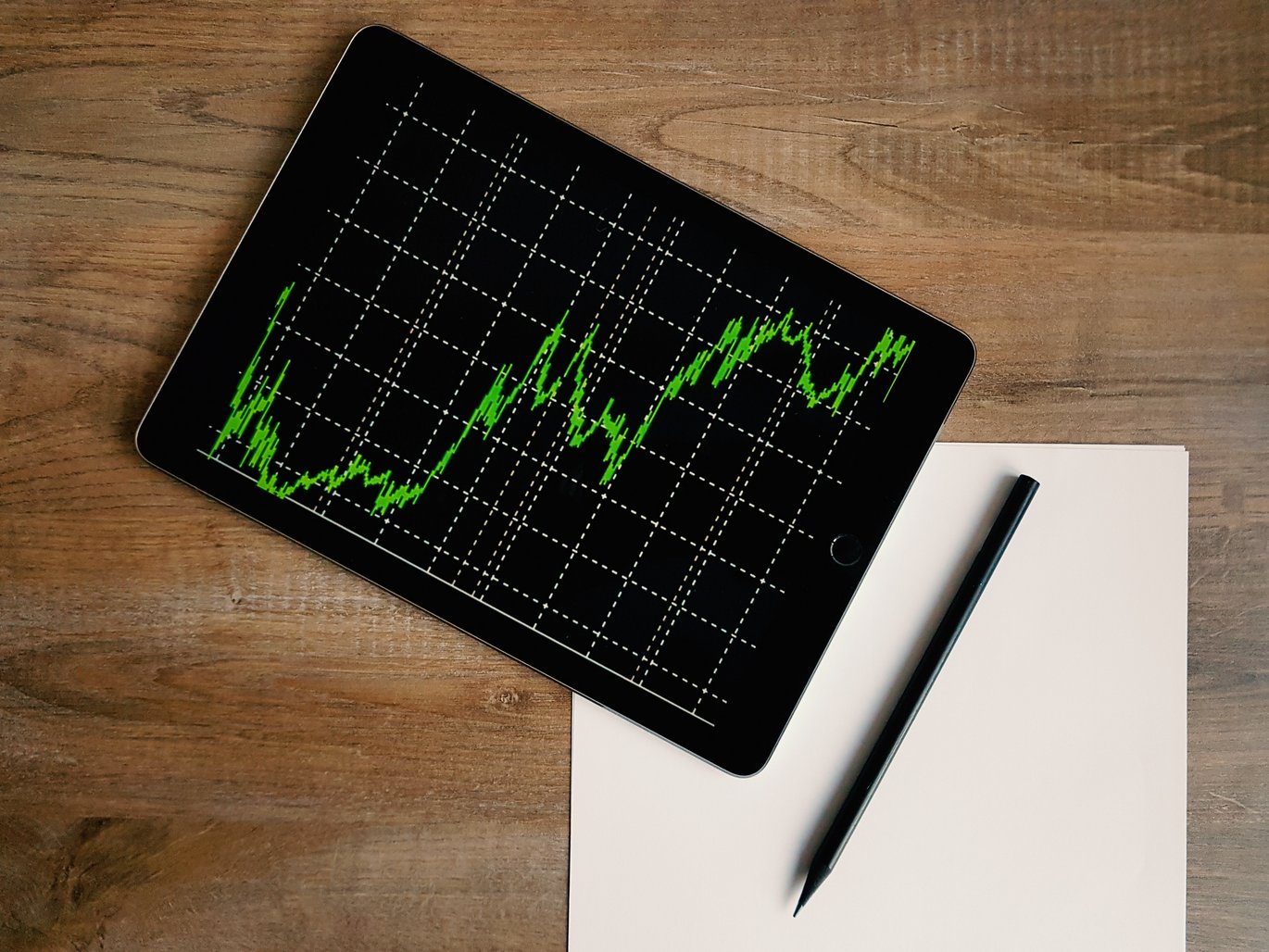Special offer: Get an electronic labbook
Time to pension off that notebook. Health is now making a well-tested electronic Labbook available for researchers who lack a platform where they can document, share and coordinate research with handpicked collaborative partners – be they many or few.

What is the easiest way to describe and document your research data, experiments or procedures, so that the information can be shared with the right people – and at the same time be stored securely?
Several Health researchers have found themselves in this dilemma, but now the web-based platform AU Labbooks will be available to all interested research groups at Health.
The web-based solution simulates the well-known handheld notebooks from a previous age which were a permanent fixture in the laboratory, used for everything from recording project developments to notes, tech sheets and sketches of equipment. Unsurprisingly, this type of content has been transferred over to a computer or tablet, from where it is often exchanged in a staggering number of emails.
"Although the name suggests something else, Labbooks will hopefully be a new forum for documentation and coordination of everything from the research, from laboratory over register-based research to the clinical," says Health's Vice-dean for Research, Hans Erik Bøtker.
He points out that the system allows for calendar- and publication sharing in connection with Journal Clubs, and is also flexible enough to be used for almost everything except the storage of sensitive personal information. That still belongs in systems designed for this purpose such as Red Cap.
"AU Labbook is nevertheless suitable for everything else – anything that benefits from being shared among like-minded researchers, and also between the familiar research groups, so it's just a question of getting started and using the system," says Hans Erik Bøtker.
Different spaces – different users
The principle in AU Labbooks is, roughly speaking, that researchers can post content – text, photos, files – either in a Group Space or a Personal Space. The group space is for information of general interest, which many people need to be able to access – such as instructions for setting-up equipment or documents that everyone should read. On the other hand, personal notes and project-specific records 'live' in the personal space, which selected collaborative partners and supervisors can be given access to so they can follow the progress of the projects from the sidelines.
Data Manager at Health, Jakob Hjort, will be the faculty's go to-man for new users and is one of the people who really knows the system. He highlights aspects such as all content being searchable, that documents can be directly edited without up- or downloading, and that concepts from social media such as follows, @mentions, comments and likes are part of the Labbook universe.
Researchers move around – but what about their data?
"And just as importantly: The information in AU Labbook is not sent to a hosting centre abroad, but is saved on AU’s server in a secure basement where it remains," says Jakob Hjort.
"This is also the case when a user profile is deleted because somwone finds work elsewhere. And this is a good reason to work in AU Labbook instead of e.g. Microsoft's OneNote or Google Docs, which can do many of the same things. But with Labbook, there is no risk of information disappearing with the user," says Jakob Hjort.
Find and contact a group administrator
The Health Research Committee, headed by Hans Erik Bøtker, has secured Health researchers access to AU Labbook. The individual researcher can take part free of charge.
In practical terms, research groups that want access should appoint a group administrator who will be responsible for adding members, following which the group administrator contacts Jakob Hjort for the next step. Although please note that, the AU Labbooks website currently refers to a number of other people.
The system is operated and supported by the Faculty of Natural Sciences and the Faculty of Technological Sciences, and was originally established in Confluence by researchers from iNANO.
Contact
Data Manager Jakob Hjort
Affiliated with the Dean’s Secretariat at Health as support
Employed at the Department of Clinical Medicine
Email: j.hjort@clin.au.dk
Tel.: (+45) 7845 9016
Vice-dean for Research Hans Erik Bøtker
The Dean’s Office, Health
Email: boetker@au.dk
Mobile: (+45) 4029 3389
